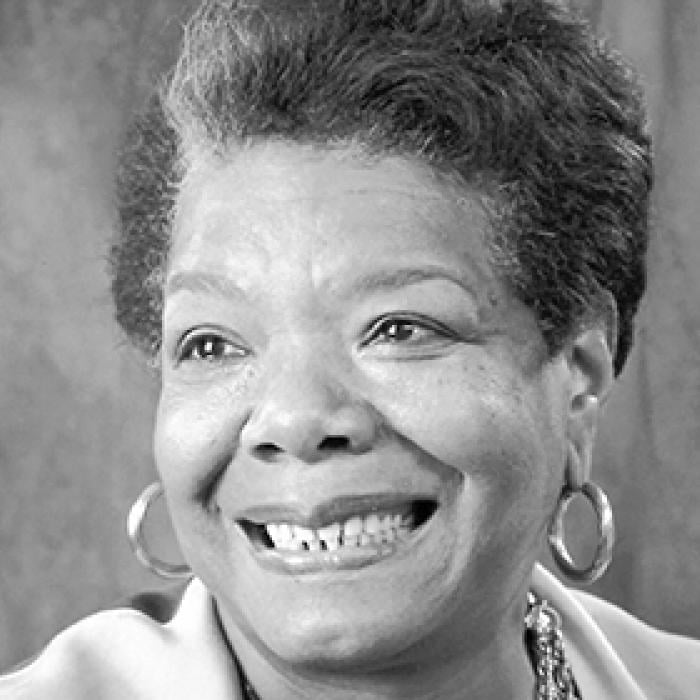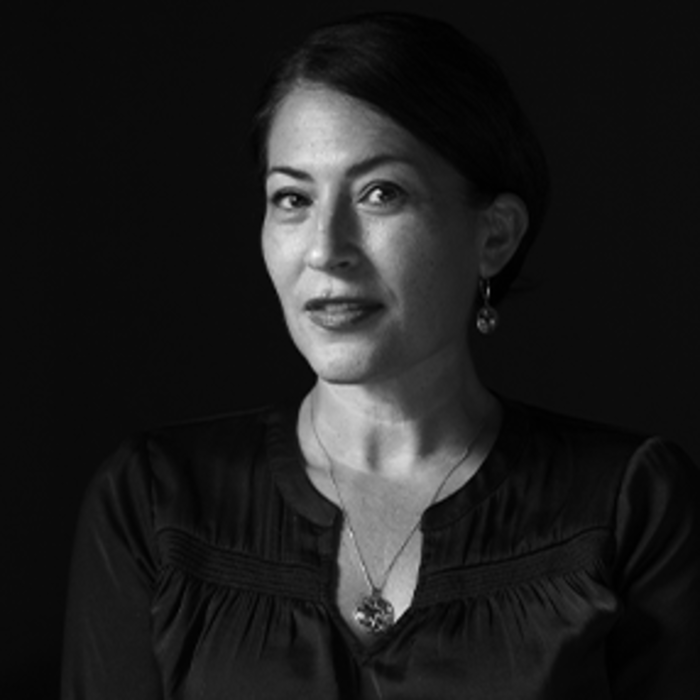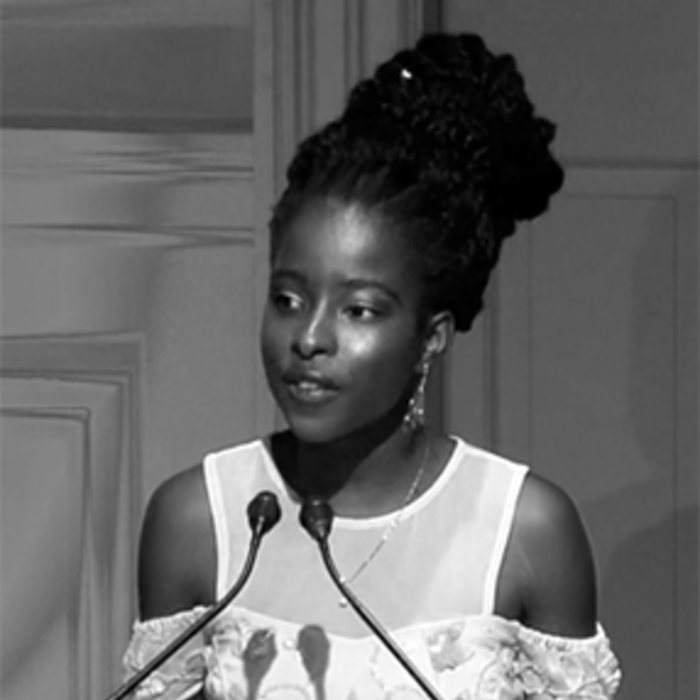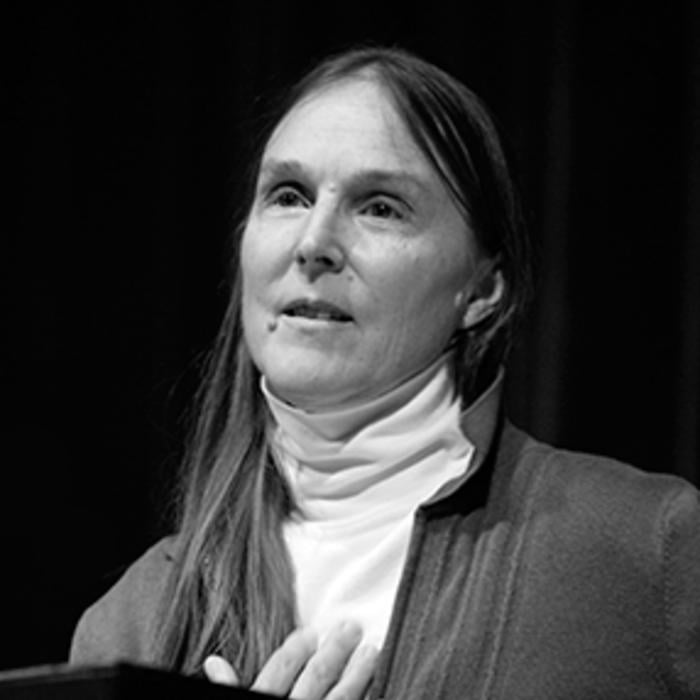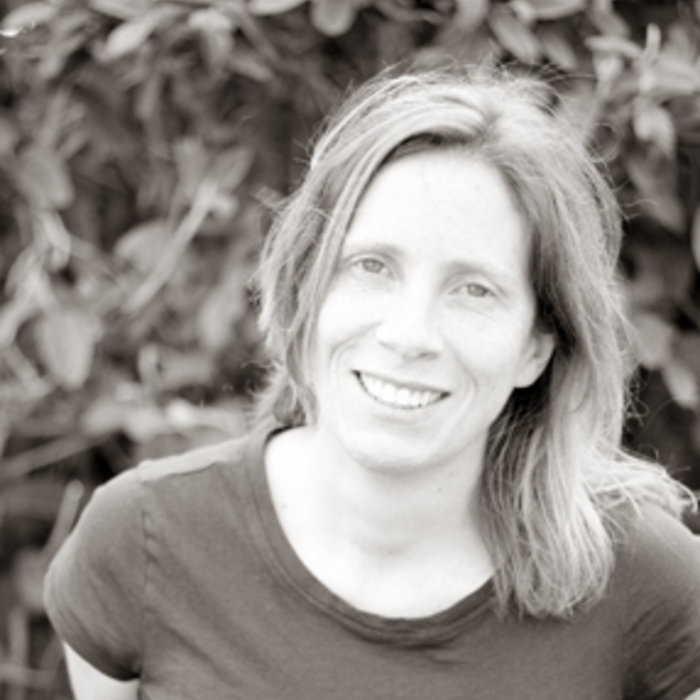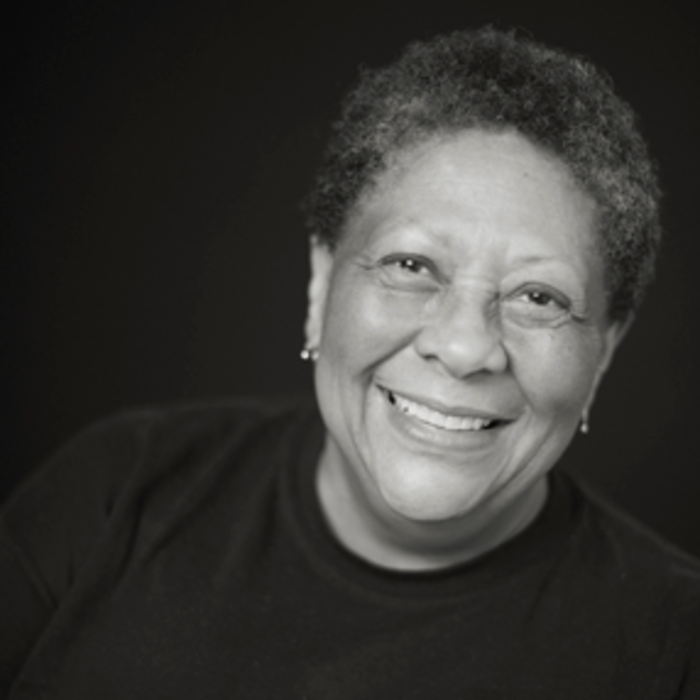Philip Booth
Born in Hanover, New Hampshire, on October 8, 1925, Philip Booth spent much of his childhood in Castine, Maine, in a house that had been in his mother’s family for generations. This biographical detail proves strikingly relevant to Booth’s poetry, which constructs the consciousness and day-to-day life of New Englanders. Moreover, the landscape of New England, particularly the coast of Maine, often occupies a place of primary importance in Booth’s poems, serving as a metaphor for the poet’s emotional or psychological state.
After returning from Air Force service in World War II, Booth studied with Robert Frost as a freshman at Dartmouth College and, upon obtaining his MA in English from Columbia University, returned to Dartmouth to teach English. After a year at Dartmouth, Booth left his hometown to join the faculty at Wellesley College and, eventually, left New England for Syracuse University, where he was one of the founders of the graduate program in creative writing.
Booth’s first book of poems, Letters from a Distant Land (The Viking Press, 1957), was the 1956 Lamont Poetry Selection of the Academy of American Poets, judged by Louise Bogan, John Holmes, Rolfe Humphries, May Sarton, and Richard Wilbur “for the discovery and encouragement of new poetic genius.” Over the course of his career, Booth published nine other collections of poetry, including Lifelines: Selected Poems, 1950–1999 (The Viking Press, 1999), which received the 2001 Poets’ Prize, Pairs (Penguin Books, 1994); Relations: Selected Poems 1950–1985 (The Viking Press, 1986); Available Light (Viking Press, 1976); and Weathers and Edges (The Viking Press, 1966).
About his work, the poet Stephen Dunn has said, “While other poets of his generation have been struggling not to duplicate themselves, Philip Booth has managed to extend and deepen the subject matter that always compelled him: how one lives and finds oneself among others, and otherness.” A former student of Booth’s at Syracuse University, Dunn wrote in an email message after the death of his teacher, “Booth’s quest was to deepen as opposed to range widely, and in that sense he was a poet of consciousness, even when his subject seemed to be the dailiness of Castine or the vagaries of sailing.”
Booth’s honors include Guggenheim, Rockefeller, and National Endowment for the Arts fellowships, and the Theodore Roethke Prize. In 1983, he was elected a Fellow of The Academy of American Poets.
Booth died in Hanover, New Hampshire, on July 2, 2007.

